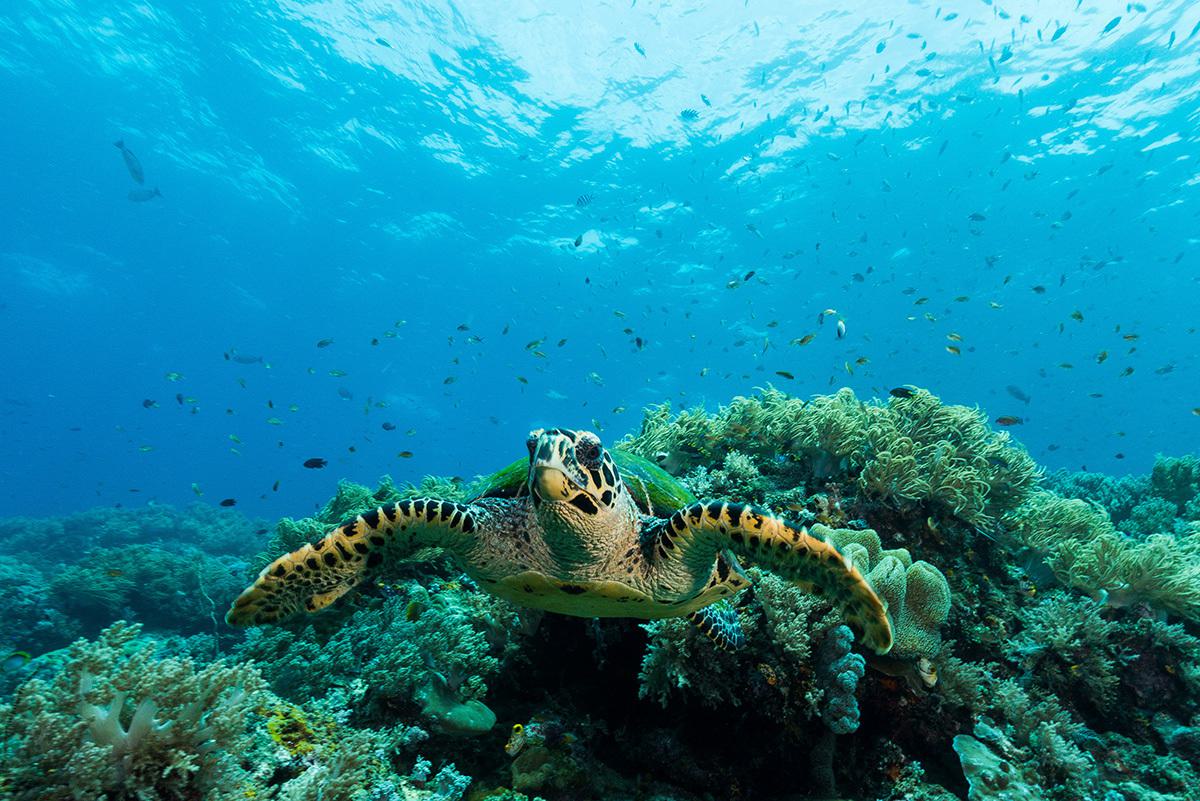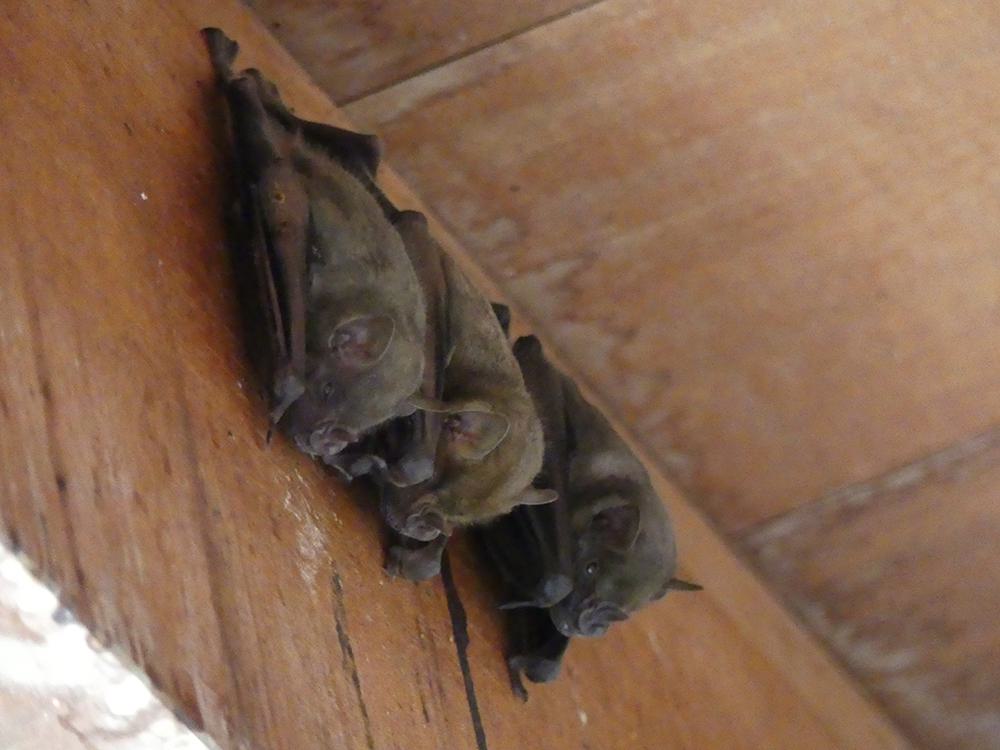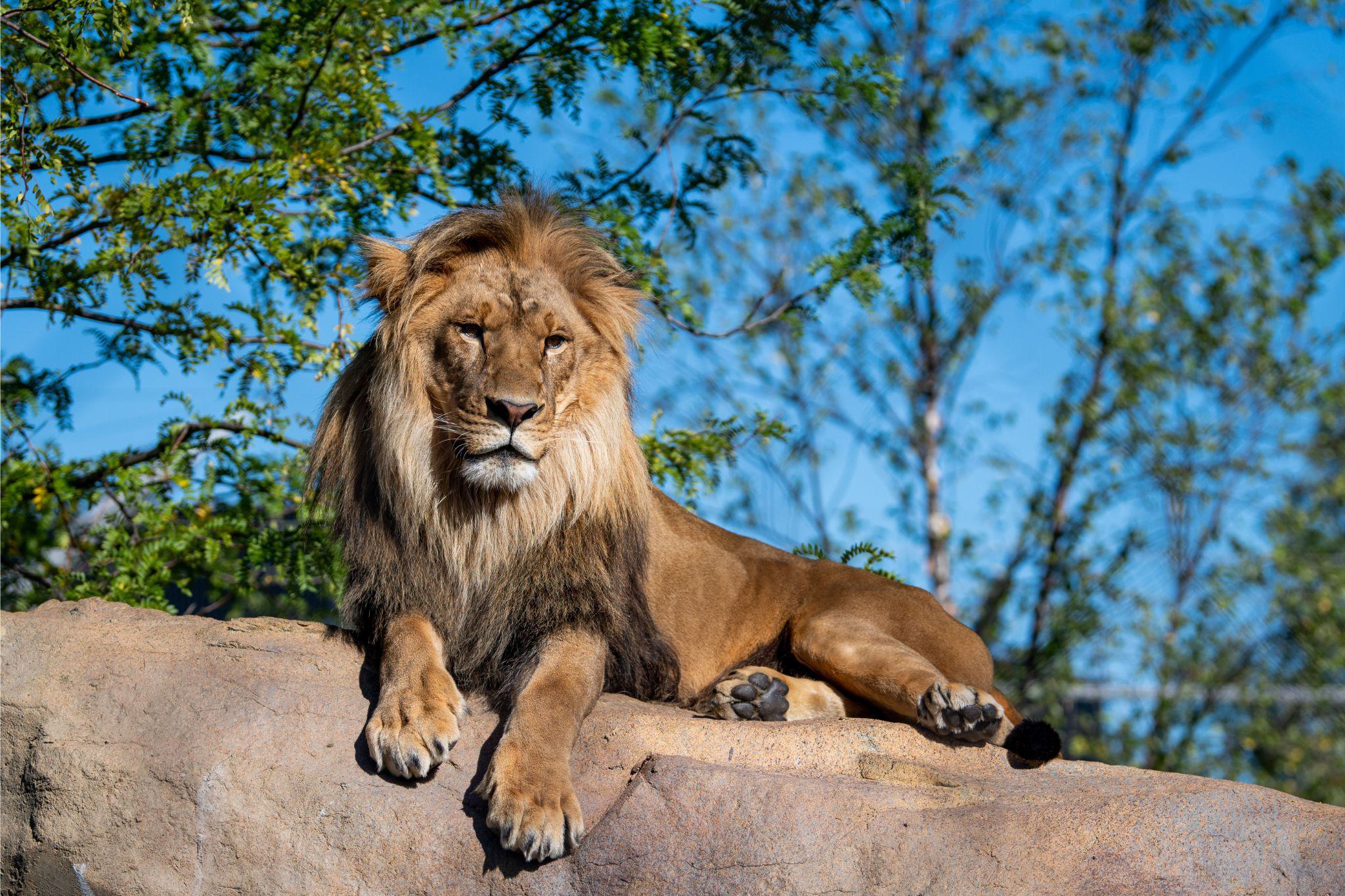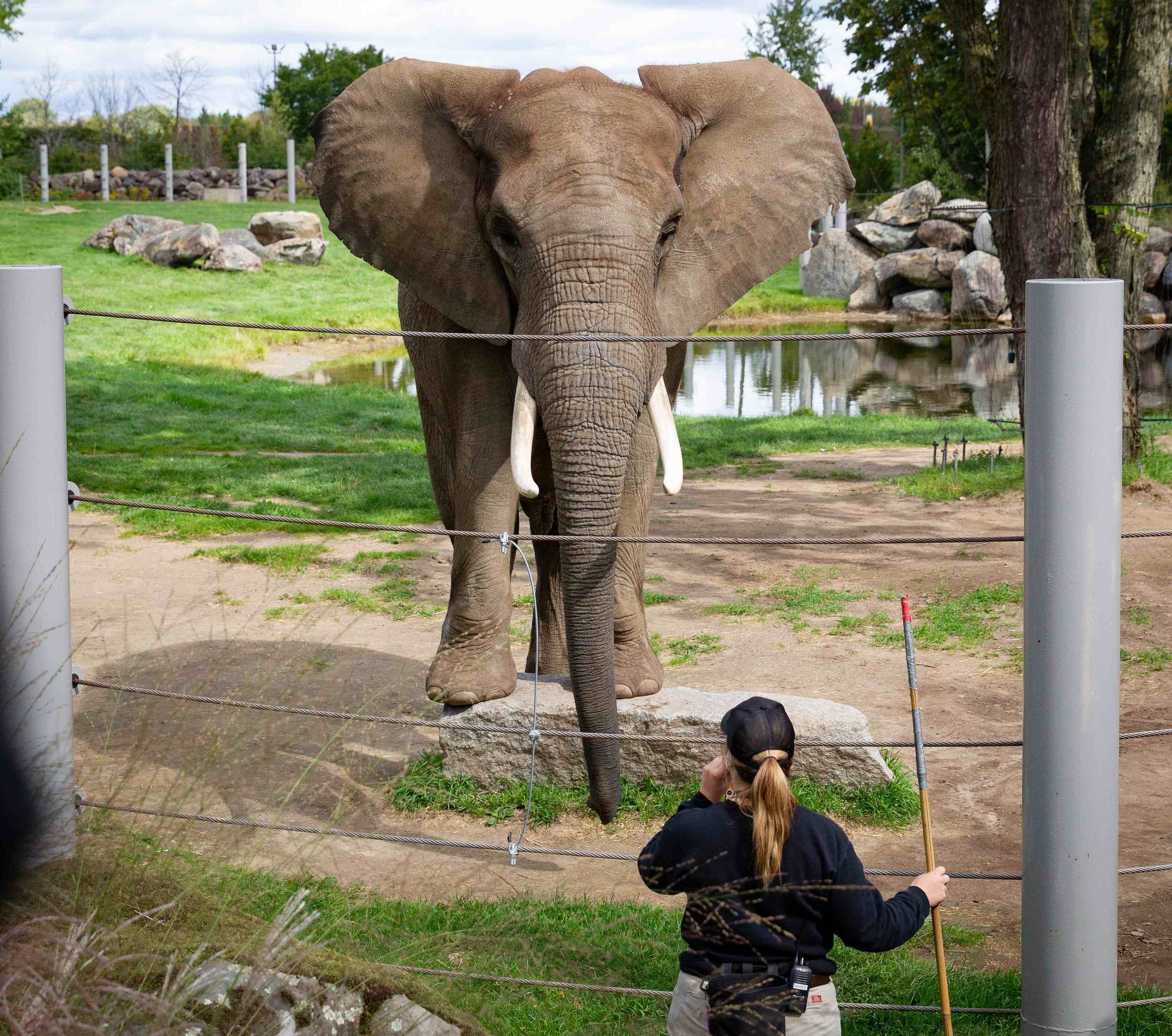<p>The Zoo’s Expertise </p> <p>in Conservation Exported </p> <p>All the Way to Martinique!</p>
The Zoo’s Expertise
in Conservation Exported
All the Way to Martinique!
For the second time in less than a year, the Zoo’s Director of Conservation and Research, Patrick Paré, has flown to the Southern Isles with not a Pina Colada in mind, but turtles, bats and ... iguanas! The contacts initiated last year with various local conservation partners are bearing fruit, so much so that a second trip is being planned in a matter of weeks, this time for our “Mr. Bats” at the Zoo, Research Coordinator Louis Lazure.

Continuing With Our Turtle Initiatives
The adventure began in 2023 with a research project to monitor egg-laying by two species of marine turtle (hawksbill and leatherback), following a scientific partnership agreement with the Université de Sherbrooke.
This project will continue in the summer of 2024, working notably with the local partner, the firm Aquasearch from Martinique.
For this particular mission, the Zoo’s biologist had a number of activities planned for the conservation of turtles, bats and even the Lesser Antillean iguana.
To launch the trip, he also accompanied Cégep de Granby tourism graduates on a day of awareness-raising and surveys on one of the island’s beaches to meet tourists who had come to enjoy the Caribbean sun.
In just a few hours, more than 70 surveys were completed and nearly 200 people met. This information will be added to the database needed to better guide our conservation actions to protect the marine turtles: the beaches are popular with both tourists and the reptiles that come here to lay their eggs.
Martinique features 17 species of wild land mammals, including bats, and as surprising as it may seem, these are the only mammals indigenous to the island. Of course, there are also mongooses, opossums, mice, rats and raccoons, but these are all exotic species that made their way to the island by accident, often through the cargo holds of boats. Unfortunately, these species are very harmful to local biodiversity, particularly in terms of predation on sea turtle eggs and juveniles.
Focus Placed on Bats

In addition to continuing the marine turtle conservation project, the Zoo de Granby delegate wanted to make the most of another area of expertise developed at the Zoo: that of chiropterans!
There are 11 species of bats on the island, including the Martinique bat, an endemic species (the only place it is found in the world) and highly threatened.
One of the aims of the mission was, therefore, to assess the possibility of a partnership with the Parc naturel régional de la Martinique (PNRM) and the firm Aquasearch in order to gain a better understanding of the impact of ecotourism activities and the development of bats, as well as to evaluate the implementation of conservation measures to protect their shelters.
Some seaside caves are frequented by excursion boats and yachtsmen to observe the flying mammals.
Next April, our chiropteran expert Louis Lazure will join his Martinican counterparts to capture, mark and prospect for new sites, as well as training local teams.

The Vulnerability of Island Wildlife
During his stay, the biologist was able to see for himself the impact invasive species have on the local fauna: a particularly critical issue when populations of native animals are confined to the surface area of the island.
Exotic invasive species compete with local species for resources and can drive the latter to extinction.
A native of South America, the striped iguana was introduced to the island in the mid-1900s. This species is in direct competition with the endangered Lesser Antillean Iguana.
Striped iguanas are more opportunistic, larger in size, they will lay three times as many eggs. The problem is such that the Iguana Control Squad has been set up to control the populations of these prolific reptiles, which have no natural predators.
Our colleague Patrick Paré had the opportunity to attend one of these evening control sessions, where 40 striped iguanas were captured in less than three hours.
The professionalism of the team involved highlights the importance of this issue for the preservation of Martinique’s endangered local biodiversity.
Far from being a relaxing stay, our energetic Director of Conservation and Research didn’t miss a single opportunity to increase the number of meetings he attended in order to raise awareness among our partners in Martinique concerning the Zoo de Granby’s mission as well as our conservation and knowledge acquisition projects in the natural environment in Québec and abroad. All these initiatives will serve us well in the pursuit of our projects in the Caribbean!




